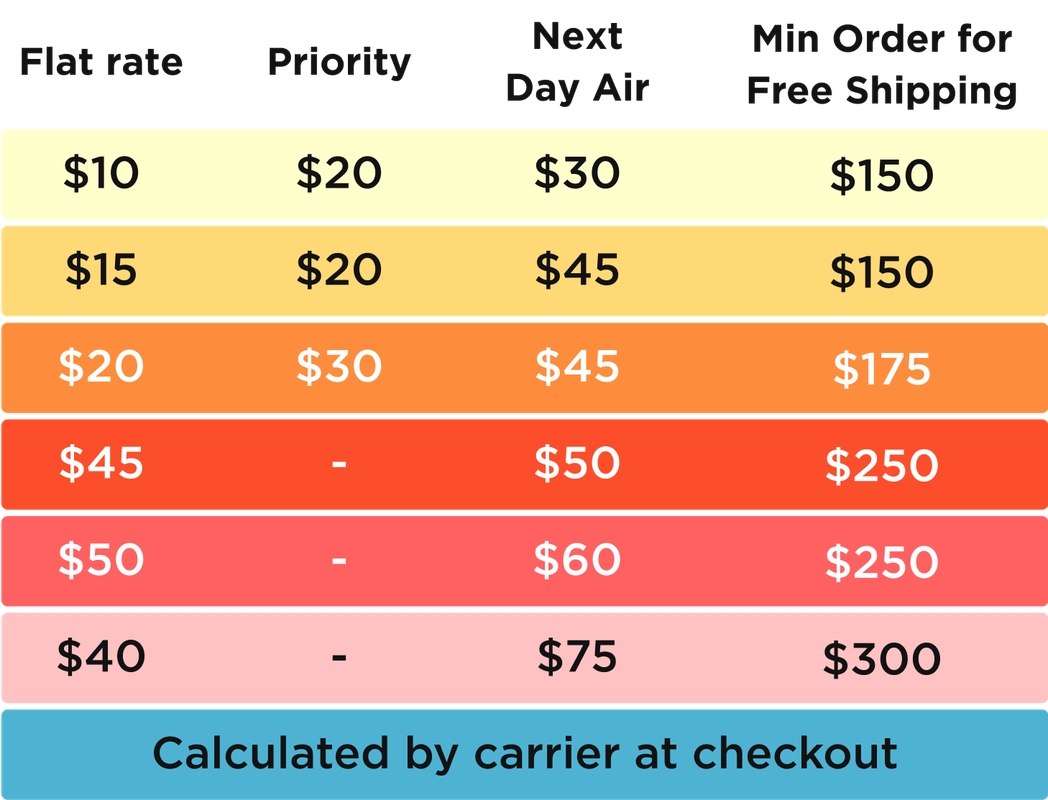Moulard Duck Breast
Moulard Duck Breast
Couldn't load pickup availability
*Saturday Shipping available for select ZIP codes



DESCRIPTION
DESCRIPTION

These Moulard Ducks are raised on a 200-acre farm in Upstate New York. The Moulard Duck is a cross between a Muscovy male and a Pekin female. They are fed a recipe of an all-vegetarian diet made right on the farm. With a great yield, Moulard Duck eats like a steak and has a deep red color. These ducks are 100% are part of the “Never Ever Program”, where antibiotics, steroids and hormones are never used.
Duck meat represents the epitome of healthy and hearty, high-quality meat. Its robust flavor is met with a mouthwatering tenderness.
MOULARD DUCK
The Moulard duck, a distinctive and popular breed, is a hybrid resulting from the crossbreeding of two different species of ducks: the Muscovy male and the Pekin female. This unique combination yields a duck known for its rich, flavorful meat, particularly favored in the culinary world. The Moulard duck is highly regarded for its large breast, known as magret, which is a delicacy in French cuisine. The breeding process creates a duck with robust flavors and a meaty texture, distinguishing it from other duck varieties. The Moulard duck's origin and breeding method make it a special choice for gourmet cooking and fine dining.
COOKING TIPS FOR MOULARD DUCK
Cooking Moulard Duck breast requires a balance of technique to achieve the perfect combination of crispy skin and tender, juicy meat. Here are some general tips:
-
Score the Skin: Before cooking, score the skin of the duck breast in a criss-cross pattern. This helps render the fat and makes the skin crisp.
-
Start with a Cold Pan: Place the duck breast skin-side down in a cold pan, then turn on the heat. This allows the fat to render slowly, crisping the skin without overcooking the meat.
-
Control the Heat: Cook the duck breast on medium-low heat to render the fat and crisp the skin. Once the skin is crisp, flip the breast to cook the other side.
-
Don't Overcook: Moulard Duck breast is best enjoyed medium-rare to medium. Overcooking can make the meat tough.
-
Rest the Meat: Let the duck breast rest after cooking before slicing. This allows the juices to redistribute, ensuring a moist and flavorful meat.
-
Use the Rendered Fat: The rendered duck fat can be used to cook vegetables or potatoes, adding a rich flavor.
Remember, every cooking method can vary slightly depending on the size and thickness of the duck breast, so adjust cooking times accordingly. For more detailed recipes and specific cooking instructions, refer to culinary websites or cookbooks specializing in duck or French cuisine.
Serving and cooking details
Serving and cooking details
Usually Serves
Difficulty to cook
Good for
Share




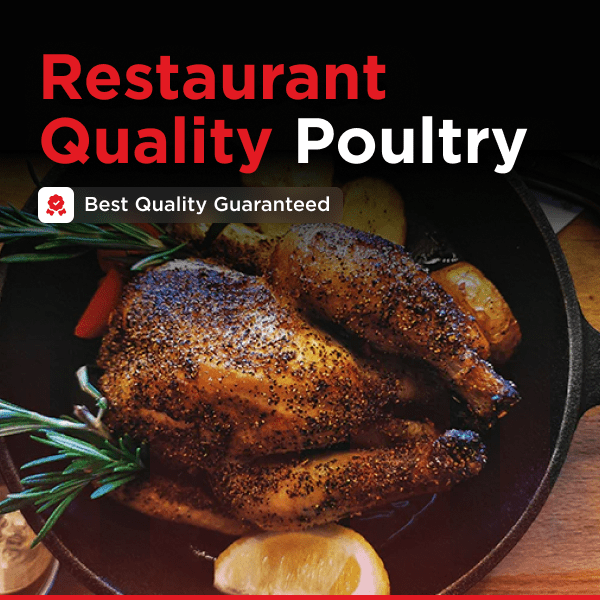
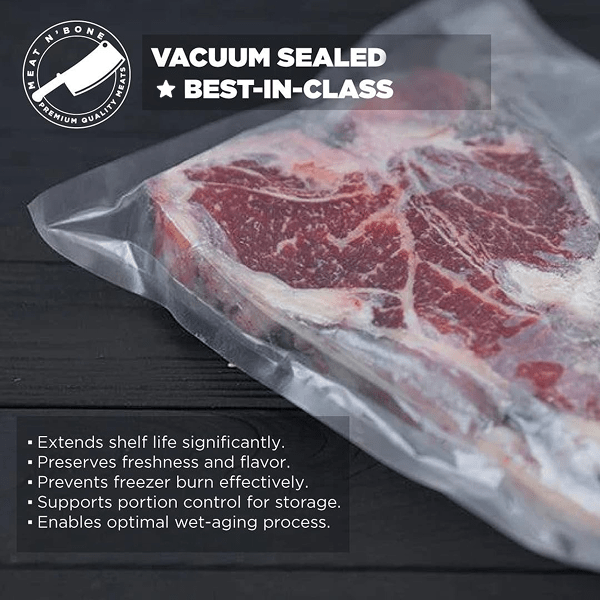
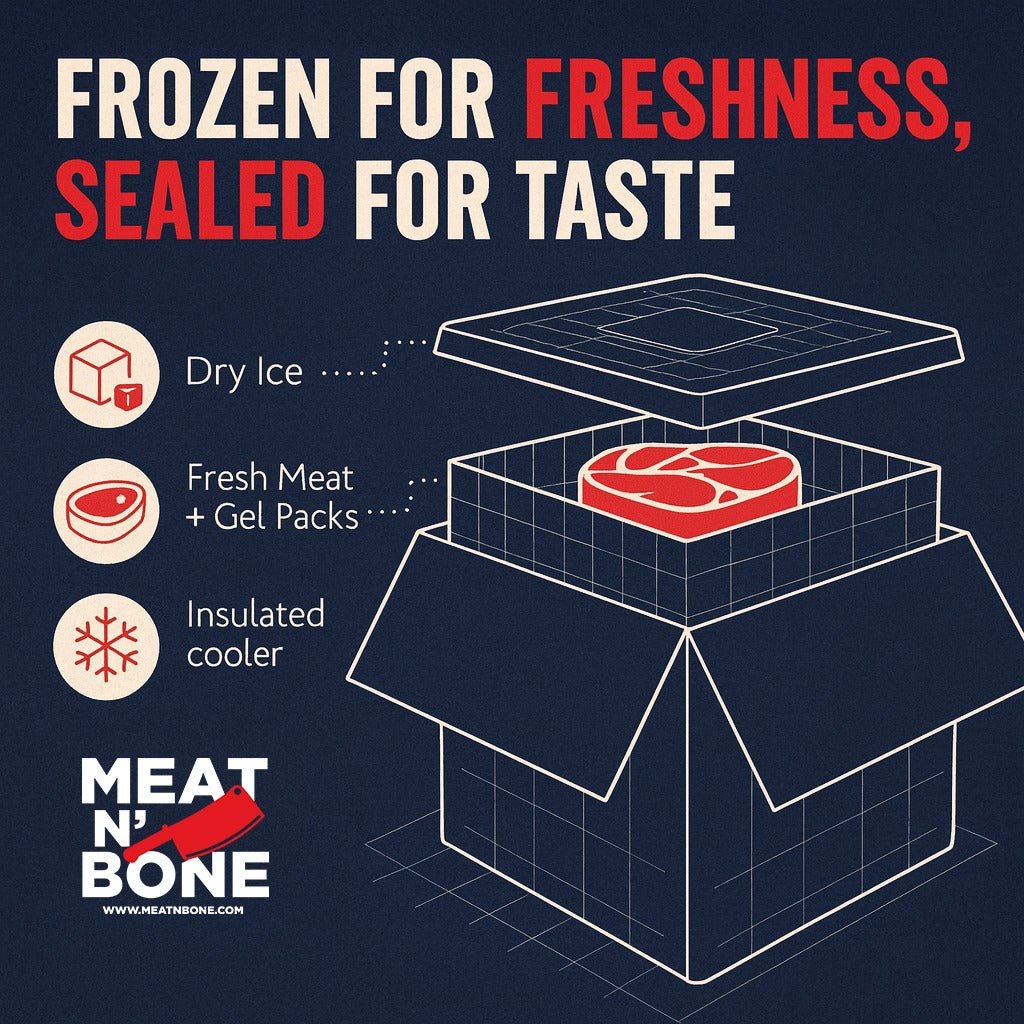

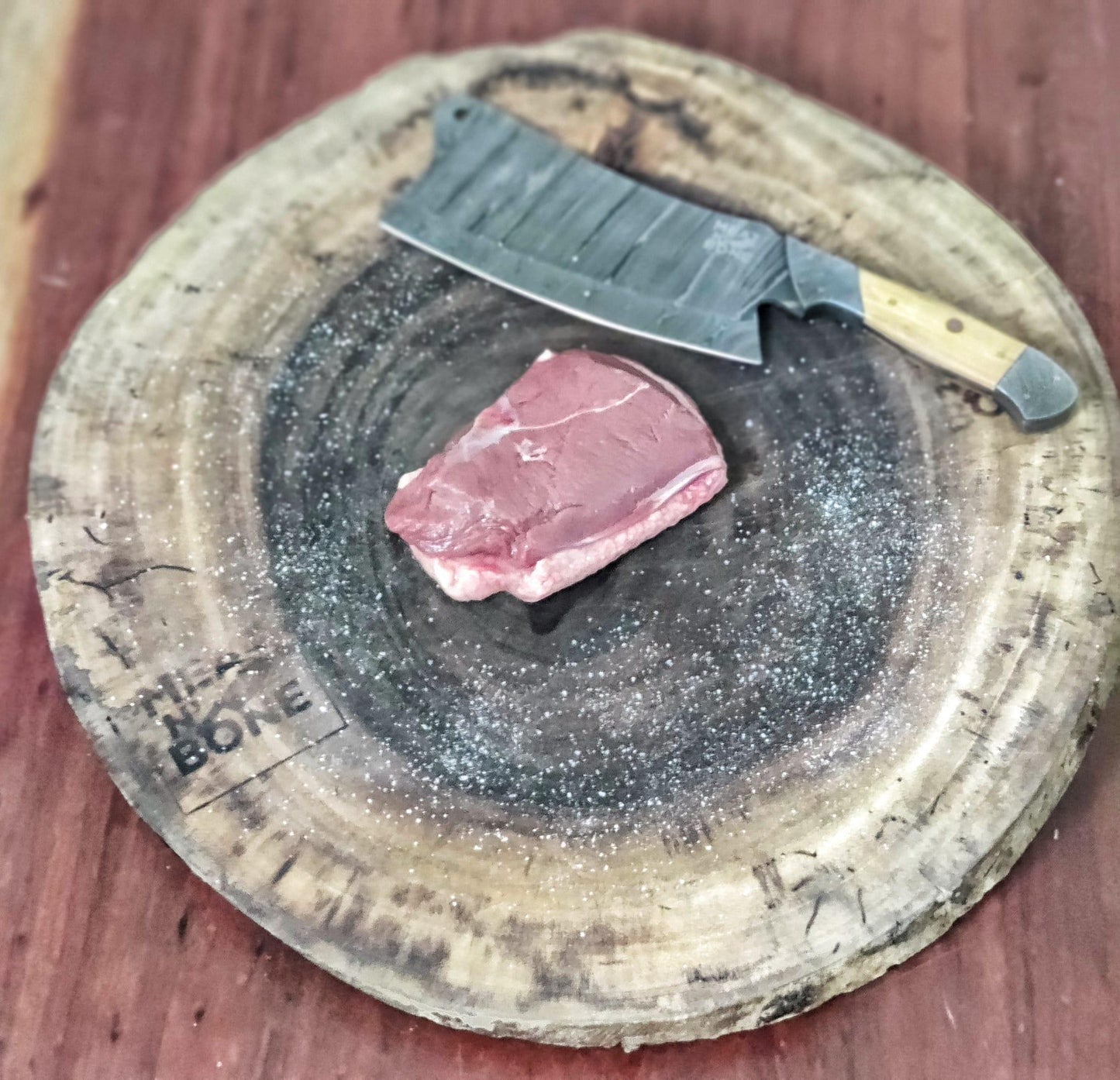
REAL REVIEWS, FROM REAL CUSTOMERS
- Rated 5 out of 5 stars2 months agoGreat duck breast
What I really like is these come pre trimmed and the taste is amazing. I buy duck from my local butcher but I have to trim and at the same price per pound... It doesn't make much sense. Hands down these are the best.
KMKenneth M.Verified BuyerWas this helpful? - Rated 5 out of 5 stars1 year agoDuck breast
I ordered 2 duck breast, which I scored and seared then served with a garlic blueberry balsamic vinegar sauce (my own creation) and asparagus risotto. It was outstanding. The duck was high quality and delicious. There wasn’t a morsel left afterwards.
I would definitely recommend this product.
CKChuck K.Verified BuyerWas this helpful? - Rated 5 out of 5 stars3 years agoQuackers
This was the best dang duck i have had. 6 stars!
CBCharles B.Verified BuyerWas this helpful? - Rated 5 out of 5 stars3 years agoPeking duck
I Sous Vide the duck breast at 135 for 2 hours and then did a reverse sear. Added hoisin sauce, green onion, cucumber and wrapped it in fresh cooked tortilla. Delicious!!
GHGavin H.Verified BuyerWas this helpful? - Rated 5 out of 5 stars3 years agoRestaurant quality duck
Tender and juicy
PMPablo M.Verified BuyerWas this helpful? - Rated 5 out of 5 stars3 years agoWonderful
My first time eating and cooking duck. It was amazing! Flavorful and very juicy! Will buy again.
BCBriana Crawford a.Verified BuyerWas this helpful? - Rated 5 out of 5 stars4 years agoDelicious
Perfect size breasts. Followed a “Tasty” Pinterest recipe. Cook stovetop then finish in oven. So good.
CPCaryn P.Verified BuyerWas this helpful? - Rated 5 out of 5 stars4 years agoJuiciest duck ever!
This duck was great. Definitely the juiciest duck I can remember having in a long time.
4 pack worked out well - regular seared breasts one night and used the leftover 2 and the rendered fat to make duck fried rice the next night.
Amazing!
AWAlanna W.Verified BuyerWas this helpful?

